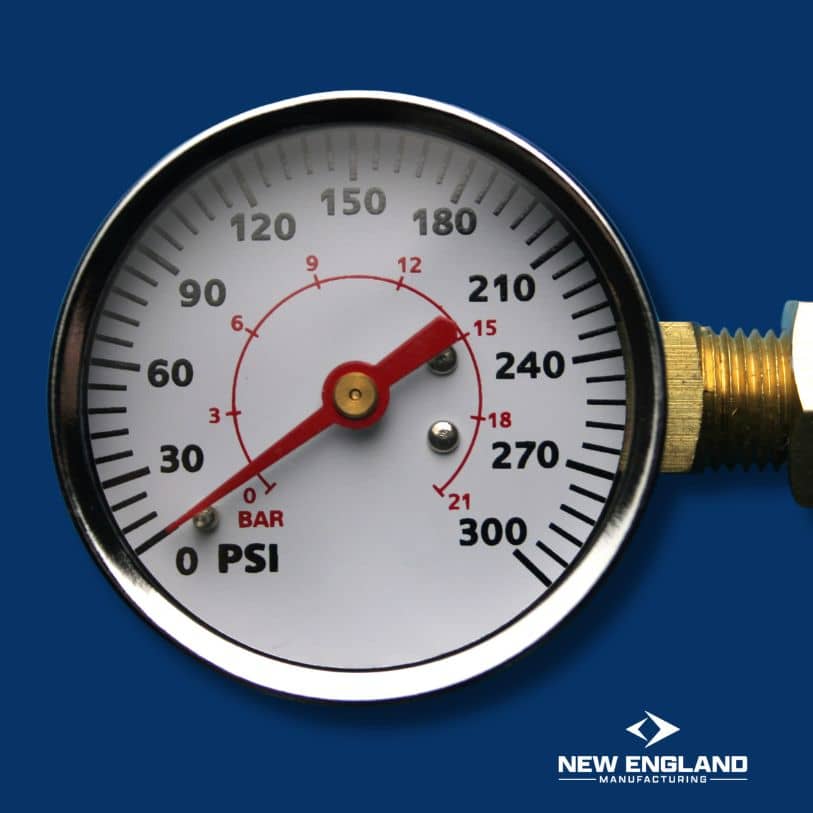Precision Tuning: Calibration Essentials
In the world of water flow testing, accuracy is king. Whether you’re a professional in the field or someone passionate about ensuring the best performance of your hydraulic systems, understanding the nuances of calibrating your water flow test equipment is critical. In this guide, we’ll delve into the why, when, and how of keeping your equipment finely tuned, specifically focusing on the hydraulic flow meter tester. The accuracy of your measurements hinges on regular calibration, much like a well-oiled machine depends on routine maintenance. Let’s explore the key aspects that will help you maintain the reliability of your testing equipment, ensuring that every test you conduct is as precise as the last.
Understanding the Importance of Calibration
Why Calibration Matters
Calibration is not just a routine check; it’s the heartbeat of accuracy in your measurements. When we talk about calibrating your hydraulic flow meter tester, we’re referring to the process of ensuring that your measurements align with the standard or known measurements. It’s about fine-tuning your equipment to detect any discrepancies and rectify them. Regular calibration guarantees that the data you gather is trustworthy, making it vital for quality control, safety, and efficiency.
Signs Your Equipment Needs Calibration
How do you know it’s time to calibrate? Look out for signs like measurement discrepancies, unexpected results, or even just the passage of time since your last calibration. Calibration is not a one-time event but a regular part of equipment maintenance. Staying ahead with scheduled calibrations can save you from future headaches caused by inaccurate data.
The Frequency of Calibration
Setting a Calibration Schedule
How often should your hydraulic flow meter tester undergo calibration? The answer varies. Factors like the frequency of use, the environment in which it’s used, and the manufacturer’s recommendations all play a role. However, a good rule of thumb is to calibrate your equipment at least annually. High-usage environments might require more frequent calibrations, perhaps bi-annually or quarterly.
Tailoring Calibration to Your Needs
Your specific needs also dictate your calibration schedule. If precision is critical in your measurements, more frequent calibrations might be necessary. Conversely, in less demanding scenarios, you might stretch the interval a bit longer. However, never underestimate the importance of calibration; it’s always better to err on the side of caution.
The Calibration Process
Step-by-Step Calibration
Calibrating your hydraulic flow meter tester is a meticulous process. It typically involves comparing the readings from your equipment with a known standard and making adjustments as needed. The process can be complex, requiring specific knowledge and tools. You might need to consult the equipment’s manual or a professional for detailed steps.
Calibration Best Practices
To ensure the best results, always follow the manufacturer’s guidelines. Use only certified standards for comparison and keep a record of all calibrations performed. This documentation is crucial for maintaining consistency and reliability in your measurements.
Choosing the Right Calibration Service
The Role of Professional Calibration Services
While some may opt for in-house calibration, professional calibration services offer expertise and precision that can be vital, especially for complex equipment like hydraulic flow meter testers. These services come with certified technicians who use state-of-the-art tools and follow stringent standards, ensuring your equipment is calibrated to the highest accuracy.
Selecting a Service Provider
When choosing a calibration service, consider factors like their accreditation, experience, and the quality of their calibration standards. Look for reviews or ask for recommendations. A reputable service provider will not only calibrate your equipment but also provide valuable insights into maintaining its accuracy over time.
The Impact of Environmental Factors
Understanding Environmental Influences
The environment in which your hydraulic flow meter tester operates can significantly affect its calibration. Factors like temperature, humidity, and even dust can impact the accuracy of measurements. Recognizing these influences is crucial in deciding when and how often to calibrate.
Adapting to Environmental Changes
To counter environmental effects, regular environmental monitoring is advised. If your equipment is used in varying conditions, consider more frequent calibrations. In stable environments, the calibration might hold its accuracy longer, allowing for more extended intervals between calibrations.
Calibration and Compliance
Meeting Industry Standards
Calibration is often not just about accuracy but also about compliance. Many industries have strict regulations regarding the precision of measurement instruments like hydraulic flow meter testers. Regular calibration ensures that you meet these regulatory requirements, avoiding legal and safety implications.
Documentation and Record-Keeping
Maintaining detailed records of each calibration is vital for compliance. These records should include the date, results, any adjustments made, and the next scheduled calibration. This documentation not only serves as proof of compliance but also helps in tracking the performance and reliability of your equipment over time.
Conclusion
Calibration is a crucial aspect of maintaining the accuracy and reliability of your water flow test equipment, particularly your hydraulic flow meter tester. Whether you opt for professional services or manage it in-house, understanding the importance of regular calibration, recognizing environmental influences, and adhering to industry standards are key to ensuring precision in your measurements. By establishing a tailored calibration schedule and keeping meticulous records, you can trust in the data your equipment provides, leading to better decision-making and maintaining compliance with industry regulations. Remember, calibration is not just a maintenance task; it’s a commitment to quality and accuracy, forming the foundation of your professional integrity in water flow testing.
Read More:
Pressure Gauge Calibration Services

Mark R.
With a strong foundation in industrial safety and fire protection systems, Mark R. specializes in creating clear, technical, and compliance-driven content. Writing for SafeTech Reports, he covers topics such as fire hydrant testing, PPE protocols, emergency procedures, and smart technology integration in safety systems. His work ensures that professionals stay informed on the latest regulations, best practices, and emerging trends in safety and infrastructure maintenance.
Get in touch
We usually respond within 24 hours
Need Reliable Water Flow Test Equipment?
For over 70 years, New England Manufacturing has been the trusted source for fire hydrant and water flow testing kits. From pitot gauge kits to custom test kits, we provide precision, durability, and expert calibration to meet your needs.
- Custom-built test kits
- High-quality pressure gauges
- Reliable calibration services


